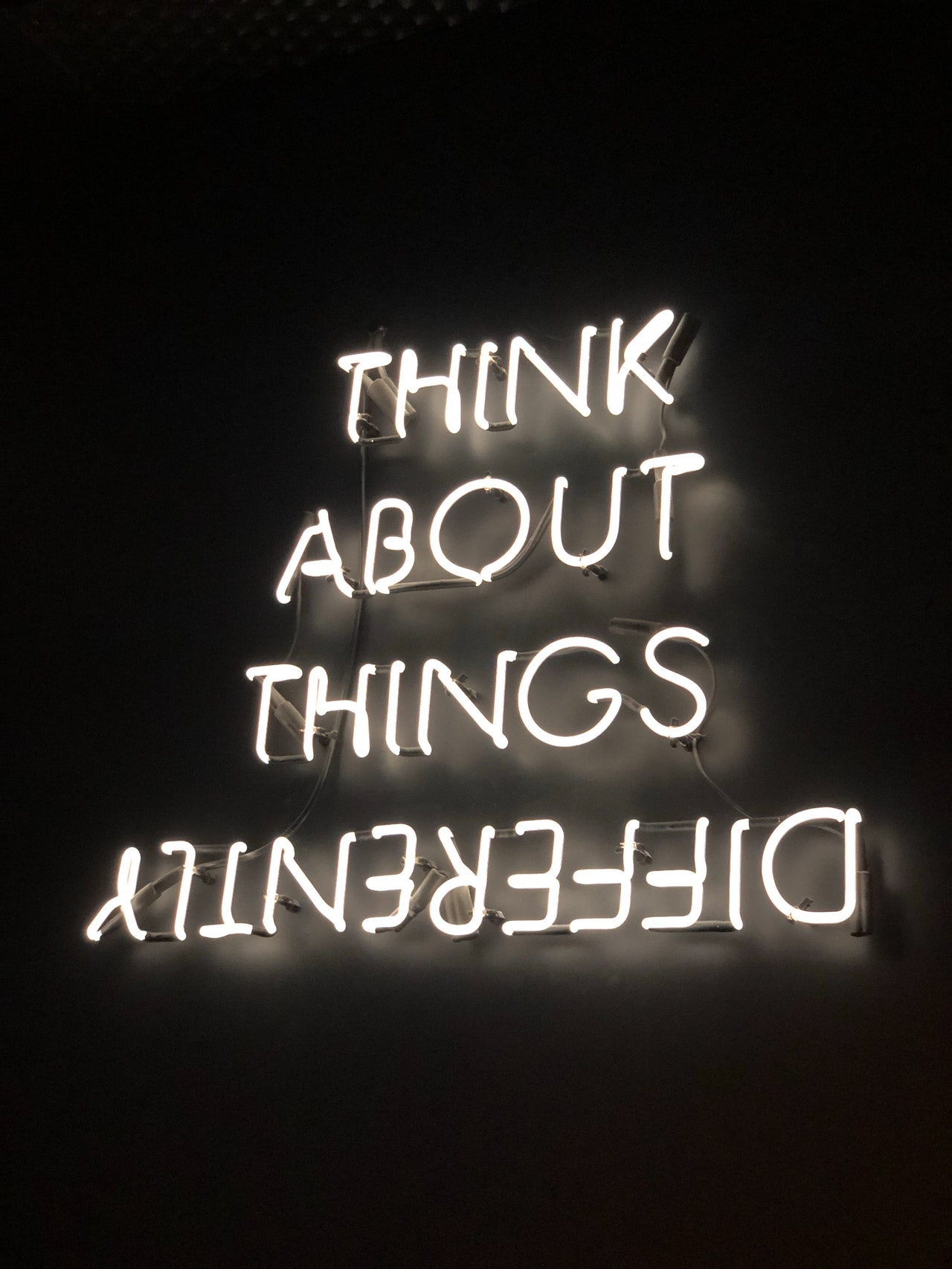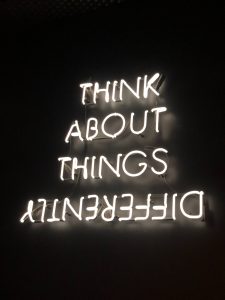New Free Family-Oriented Early-Literacy Apps [downloadable]
 Three new early-literacy apps — released for free from the Harvard Graduate School of Education and its Reach Every Reader initiative — are designed for parents and caregivers to use with their children. They’re designed to create fun and rewarding interactions, get families talking, and give children the foundations they need to read, learn, and thrive. Read more »
Three new early-literacy apps — released for free from the Harvard Graduate School of Education and its Reach Every Reader initiative — are designed for parents and caregivers to use with their children. They’re designed to create fun and rewarding interactions, get families talking, and give children the foundations they need to read, learn, and thrive. Read more »
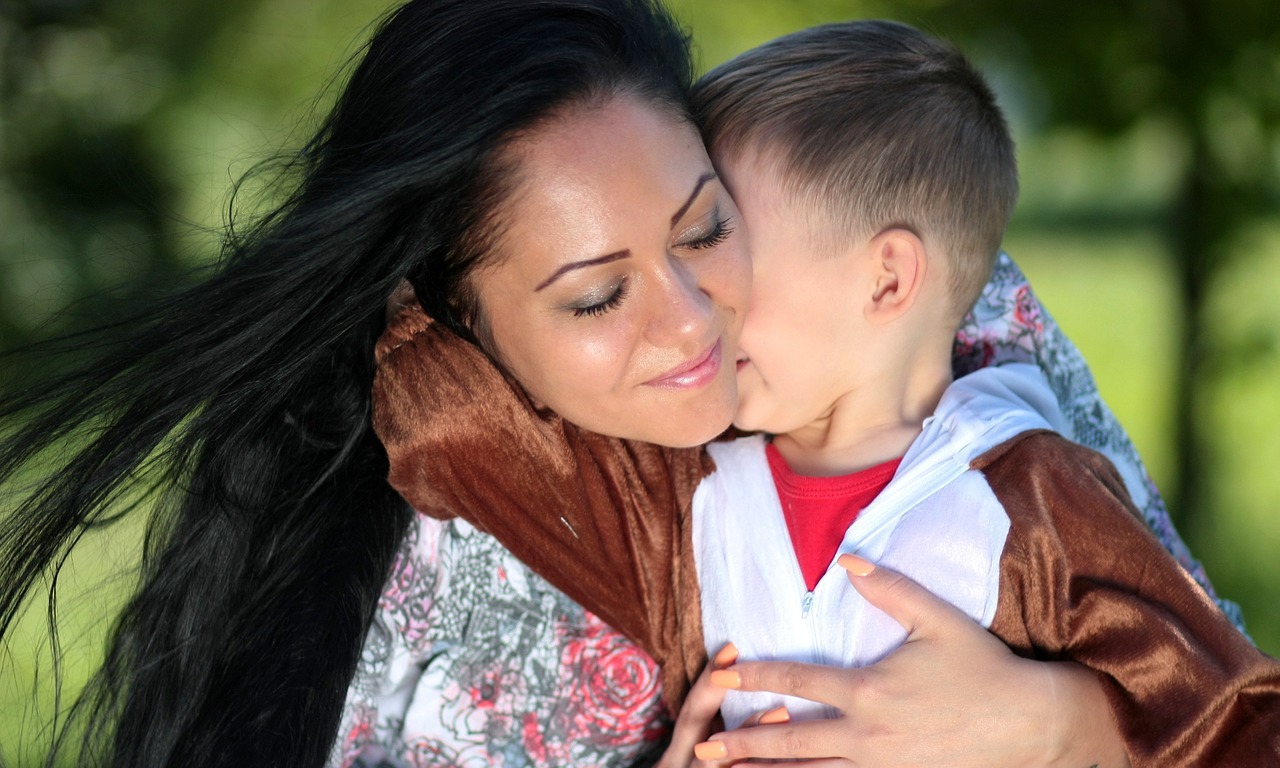

 The University of Washington on Friday announced that the School of Social Work and Department of Psychiatry and Behavioral Sciences, and the Behavioral Health Institute at Harborview Medical Center are part of a transformational $38 million set of gifts from Ballmer Group to support a broad, collaborative response to the state’s behavioral health crisis.
The University of Washington on Friday announced that the School of Social Work and Department of Psychiatry and Behavioral Sciences, and the Behavioral Health Institute at Harborview Medical Center are part of a transformational $38 million set of gifts from Ballmer Group to support a broad, collaborative response to the state’s behavioral health crisis. 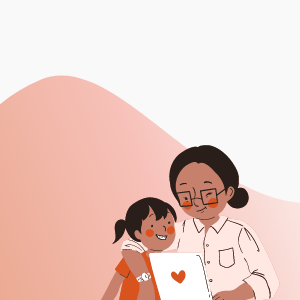
 What is cultural humility and why does it matter? As parents, we are our children’s first teachers. It is from us that our kids learn how to be accepting and respectful of those from diverse backgrounds.
What is cultural humility and why does it matter? As parents, we are our children’s first teachers. It is from us that our kids learn how to be accepting and respectful of those from diverse backgrounds.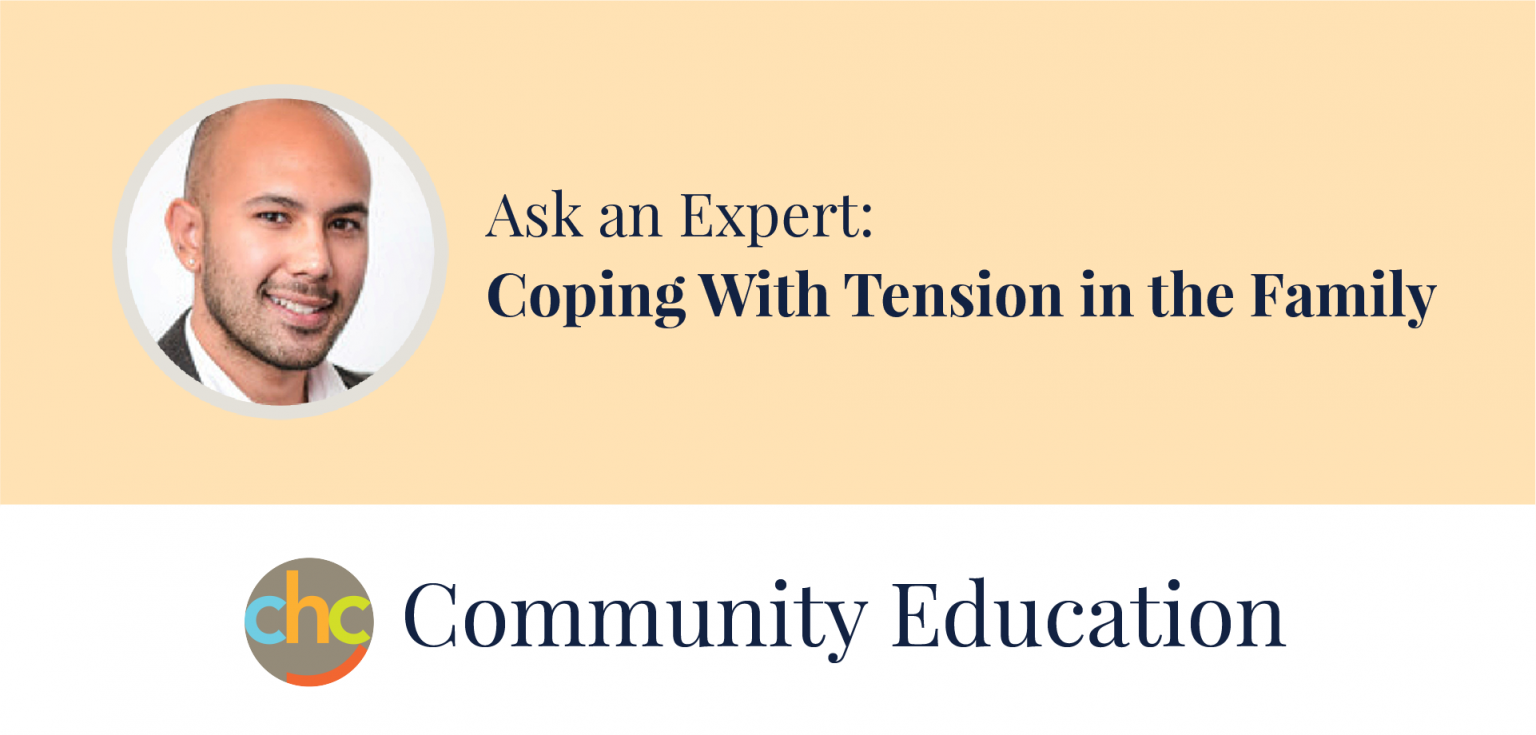
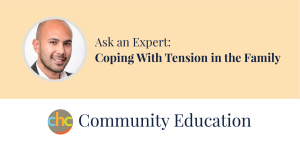 They are the people you love most in the world, but living 24/7 under one roof with your family is stressful and tension filled. Even small things that never bothered you are major irritants now. And now you have the added tension of re-entry – with different family members having different ideas about what that should look like. How do you as a parent navigate all of this and support your family?
They are the people you love most in the world, but living 24/7 under one roof with your family is stressful and tension filled. Even small things that never bothered you are major irritants now. And now you have the added tension of re-entry – with different family members having different ideas about what that should look like. How do you as a parent navigate all of this and support your family? 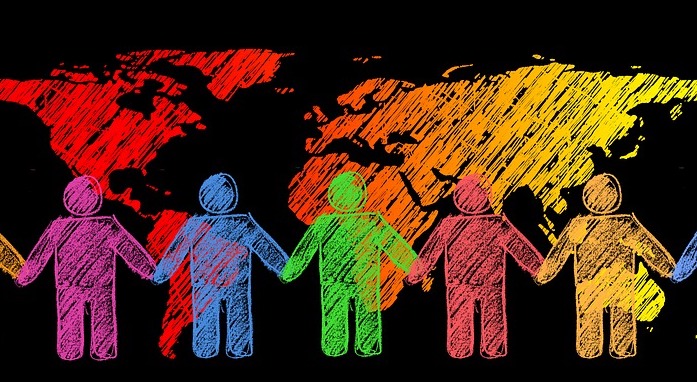
 Many minority households routinely have open discussions about racial issues and how they impact their daily lives. White families, on the other hand, sometimes are uncomfortable with such discussions even amid news coverage related to systemic racism and the Black Lives Matter movement. Johns Hopkins All Children’s pediatric
Many minority households routinely have open discussions about racial issues and how they impact their daily lives. White families, on the other hand, sometimes are uncomfortable with such discussions even amid news coverage related to systemic racism and the Black Lives Matter movement. Johns Hopkins All Children’s pediatric 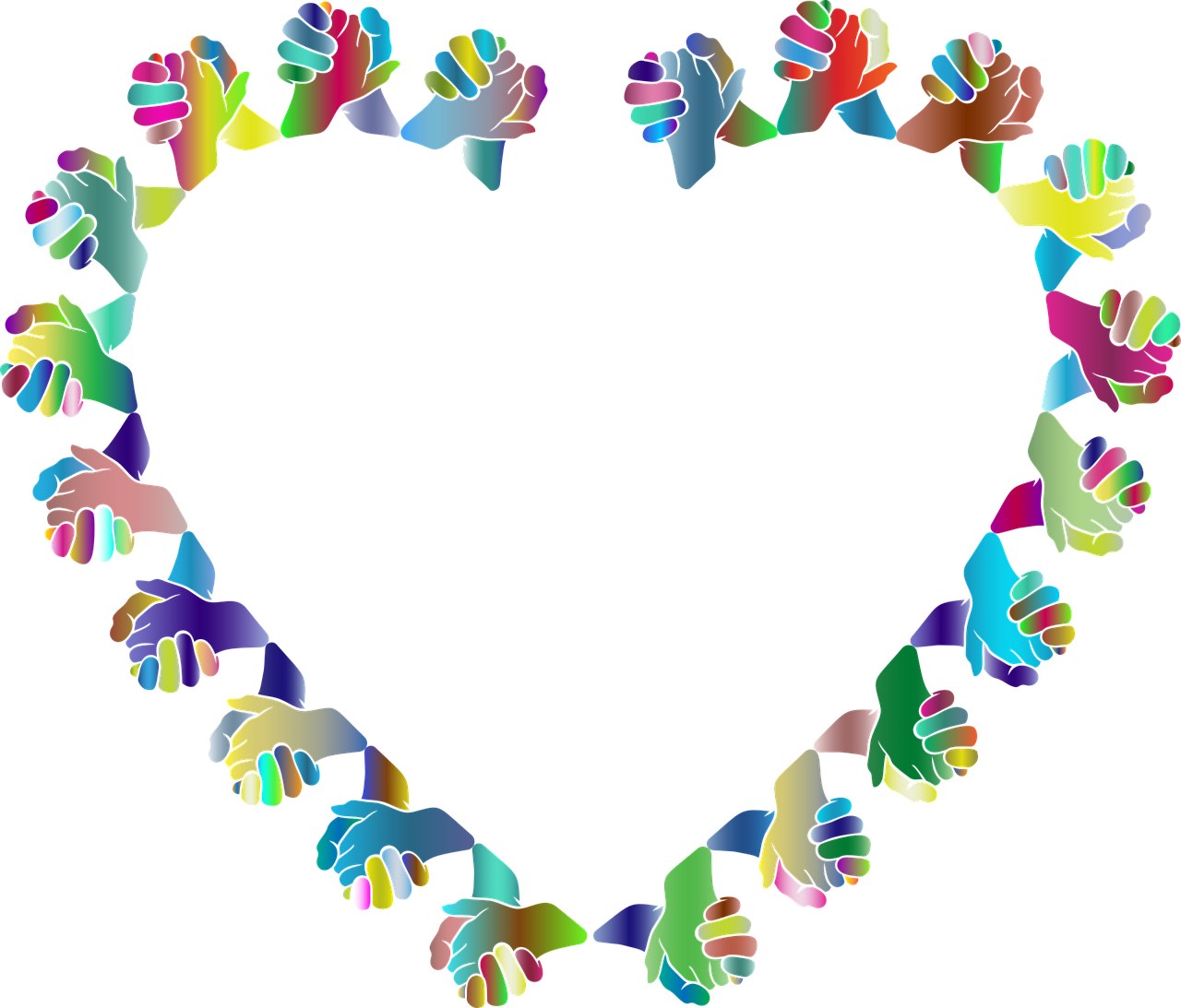
 Humility is not necessarily about modesty or pretending to be less than you are. In fact, people who are humble often have a high sense of self-worth; it’s just that they can recognize their own strengths and limitations. Research about humility also suggests a strong connection between being humble and being generous.
Humility is not necessarily about modesty or pretending to be less than you are. In fact, people who are humble often have a high sense of self-worth; it’s just that they can recognize their own strengths and limitations. Research about humility also suggests a strong connection between being humble and being generous.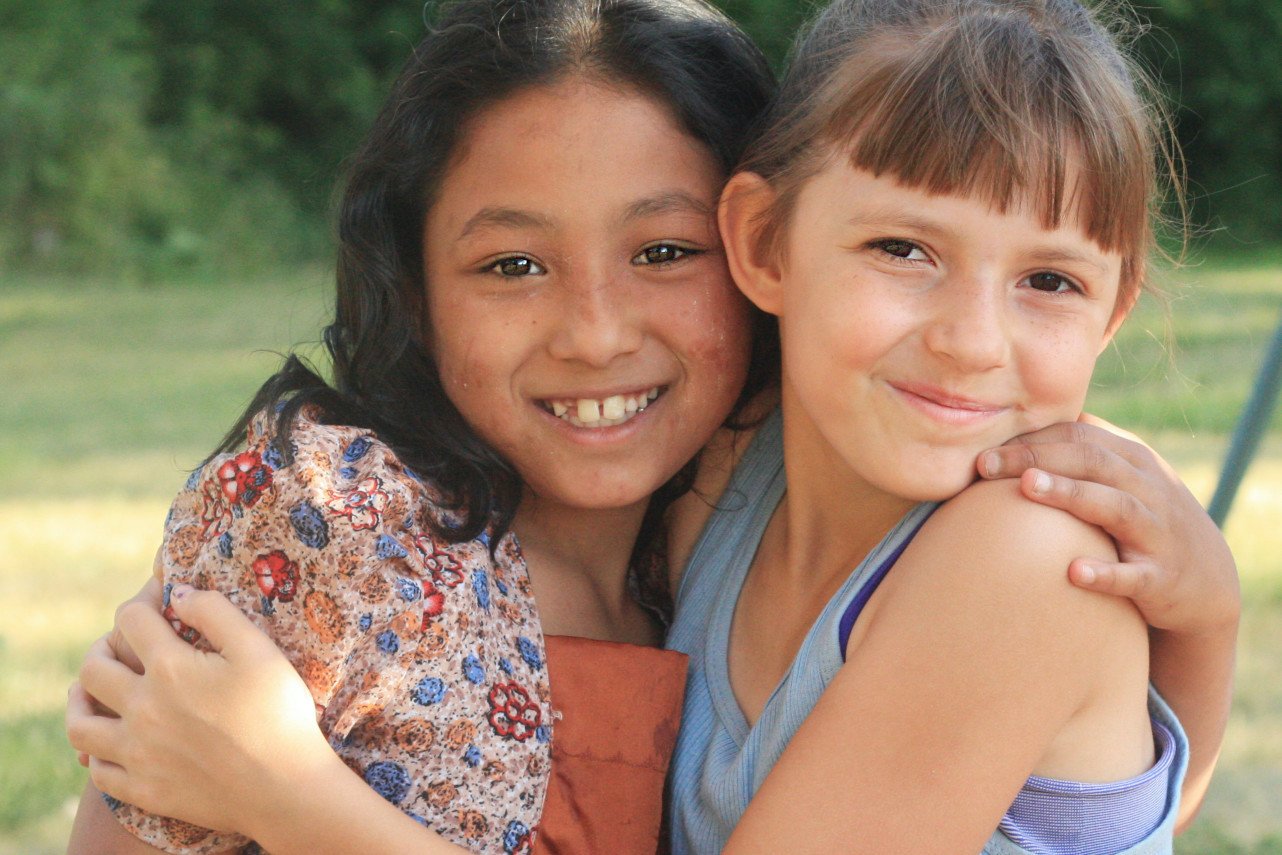
 As American families become increasingly diverse and complex in terms of race, ethnicity, immigrant status, socioeconomic circumstances, and family structures, it is imperative that we practice cultural humility – to move beyond simply being aware of or sensitive to people’s cultural differences, and actively work to identify and address systematic inequalities.
As American families become increasingly diverse and complex in terms of race, ethnicity, immigrant status, socioeconomic circumstances, and family structures, it is imperative that we practice cultural humility – to move beyond simply being aware of or sensitive to people’s cultural differences, and actively work to identify and address systematic inequalities. 
 Most people are familiar with the concept of being humble. To be humble is to demonstrate “humility,” which is commonly defined as “freedom from pride or arrogance.” What, then, might it mean to practice “cultural humility?”
Most people are familiar with the concept of being humble. To be humble is to demonstrate “humility,” which is commonly defined as “freedom from pride or arrogance.” What, then, might it mean to practice “cultural humility?” 
 Yoga and breathing exercises can improve attention and decrease hyperactivity in children with attention deficit hyperactivity disorder (ADHD). A team of psychologists at
Yoga and breathing exercises can improve attention and decrease hyperactivity in children with attention deficit hyperactivity disorder (ADHD). A team of psychologists at 